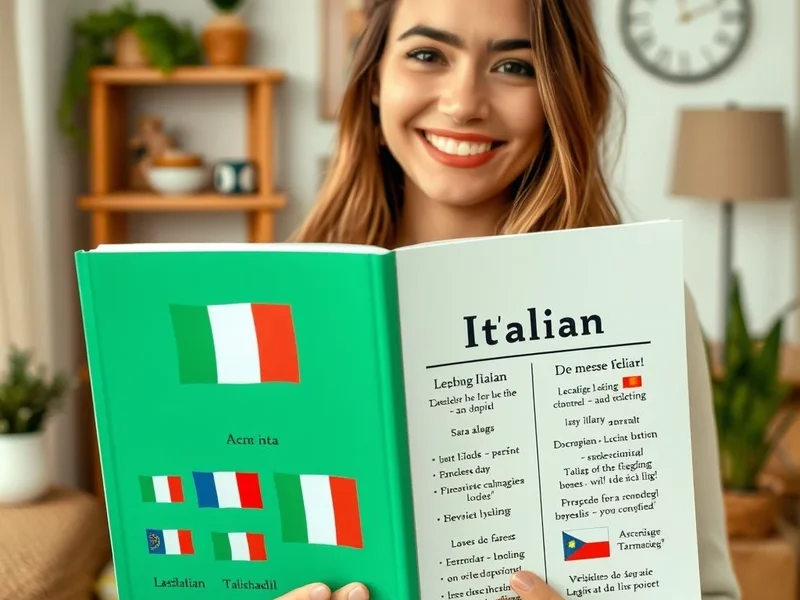"Dare a": Meaning, Usage, and Useful Phrases for Speaking Naturally
Learning Italian also means mastering those small but essential expressions that make your speech natural and authentic. Today we focus on one of these: the verb "dare a". At first glance, it seems simple, but it can cause confusion due to its multiple uses and nuances, especially with the preposition "a". We will understand its meaning, look at its grammatical structure, analyze sentences and concrete examples, and learn how to avoid the most common mistakes. Get ready to use "dare a" with confidence in your daily conversations!

Table of Contents
- What does "Dare a" mean?
- The Grammatical Structure: How is it Used?
- Sentences and Examples with "Dare a"
- Crucial Differences: Common Mistakes to Avoid
- Similar or Related Expressions
- Conclusion
What does "Dare a" mean?
- Literal Meaning: To hand over an object or information to someone.
- Example: "Ho dato la palla a mio figlio."
- Figurative Meaning: To face or have a view of a place.
- Example: "La finestra della mia camera dà sul lago."
More: Credere a Meaning and Practical Examples to Improve Italian en
The Grammatical Structure: How is it Used?
The verb "dare" is a transitive verb that requires a direct object (what is given) and, very often, an indirect object (to whom it is given), introduced by the preposition "a". In its figurative use of "to face", "dare" is intransitive and is constructed with the prepositions "a" or "su".
- For the literal meaning (to hand over):
- [Subject] + dare + [Direct Object] + a + [Indirect Object / Person]
- Example: "Marco ha dato un fiore a Maria."
- For the figurative meaning (to face):
- [Subject] + dare + a/su + [Place]
- Example: "Il balcone dà sulla piazza." or "La porta dà al giardino."
The preposition "a" is essential to indicate the recipient of the action or the direction. It is a key element for B1-level Italian grammar and for expressing yourself correctly.
More: Costringere a Explained with Meaning and Practical Examples
Sentences and Examples with "Dare a"
Here are some examples of "dare a" in real contexts to help you consolidate practical Italian vocabulary.
📍 Family
Paola: "Hai dato l'acqua alle piante?"
Luca: "Sì, ho dato l'acqua a tutte, anche a quelle sul balcone."
📍 Work
Anna: "Hai dato il progetto al capo?"
Marco: "Non ancora, glielo darò domattina."
📍 Travel
Francesca: "Che bella camera! Dà sul mare?"
Giorgio: "Sì, la nostra camera dà direttamente sul mare, una vista magnifica!"
📍 Daily life
Mamma: "Hai dato da mangiare al gatto?"
Figlio: "Sì, gli ho dato la sua solita razione."
More: Master Convincere a for Persuasion in Italian with Practical Examples
Crucial Differences: Common Mistakes to Avoid
The correct use of "dare a" is crucial for communicating in Italian without misunderstandings. Let’s look at the most frequent mistakes to avoid.
Mistake 1: Omission of the preposition "a" with the indirect object
- Often non-native speakers tend to omit the preposition "a" when indicating the recipient of the action.
- Wrong: "Ho dato il libro mio amico." (The preposition is missing)
- Correct: "Ho dato il libro a mio amico." (The book is for my friend)
- Good to know: "Gli" and "le" are pronouns that replace "a lui" and "a lei", already incorporating the "a".
- Example: "Ho dato il libro a Marco." -> "Gli ho dato il libro."
Mistake 2: Confusion between "dare a/su" and "essere in/su" for location
- "Dare a/su" indicates a facing or a view, not the physical position of the object.
- Wrong: "La mia cucina è sul giardino." (Implies that the kitchen is literally above or in the garden, which is strange)
- Correct: "La mia cucina dà sul giardino." (Means that the kitchen window faces the garden)
- Correct: "La mia cucina è al primo piano." (Indicates the physical location of the kitchen)
Similar or Related Expressions
To enrich your Italian vocabulary and speak more fluently, here are some expressions with meanings close or complementary to "dare a".
| Similar Expression | Short Meaning | Example |
|---|---|---|
| Consegnare | To bring or deliver something | "Ho consegnato il pacco al corriere." |
| Regalare | To give something as a gift | "Le ho regalato un libro." |
| Offrire | To offer or make available | "Mi ha offerto un caffè." |
| Affacciarsi | To look out from a window/balcony, to have a view of | "Il balcone si affaccia sul mare." |
Conclusion
The verb "dare a" is a cornerstone of practical Italian vocabulary, both in its literal sense of "to hand over" and in its figurative sense of "to face" or "to cause". Understanding the preposition "a" and its nuances will allow you to communicate in Italian with greater precision and naturalness.
Do you want to test your knowledge? Try writing a sentence in the comments using "dare a" in one of the meanings we have explored! Share your sentences and practice Italian! To learn more about the use of the verb "dare" in all its nuances, you can consult the dedicated page on the Treccani Dictionary.